Saving a Frozen Worm Composting Bin and Everything You Need to Know About Worm Composting

by
Lee @ Lady Lee's Home
(IC: blogger)
One of the great things about my husband being a locksmith is that he gets to drive around, see places and meet different people. He is friendly and curious enough to let nothing get away from him. And this man notices everything. He finds all kinds of things at abundant homes he is going to rekey. Most of the times, the owner of the home is happy to give it to him since it means less cleaning for them. Like this truck box we now use as a garden shed, cleaning products, furnitures, kids toys, and many other things.
A few weeks ago, he found an old worm composting bin behind a house he was working on, and the owner was more than happy for him to take it.
A few weeks ago, he found an old worm composting bin behind a house he was working on, and the owner was more than happy for him to take it.
I’ve wanted worms for a while now. Their castings are such a great addition to garden soil, and if you keep the bin indoors where it’s warm, they will keep making compost (aka poop) for you during the Winter. If you follow my blog, you know that we are working on starting a small organic farm so I can use all the compost I can get. Worm poop, chicken poop, horse poop, thank God animals don’t ever stop pooping ;-)
Anyway, this is what was in the bin when my husband brought it home. Red worms used to live here but were now dead, probably because they were left outside in freezing temperatures. Red worms don’t like it too cold or too hot. The ideal temperature is between 55-77 degrees, so you can leave the bin outdoors in the shade in the summer, but you should bring it indoors in the winter.
However, in between the dry castings, there was this piece of a paper bag full of worm eggs, and I was wondering what if… What if I could help them hatch, and keep them warm, and feed them, and sing to them, and pat them, and have conversations with them… And we will have a worm nursery, full of babies (I love babies)… And they will eat and poop, and I will clean their poop (I already clean so much poop anyway, what’s a bit more). Then I’ll spread it in my farm and my vegetables will be so beautiful and tasty and full of nutrients, and we (including the worms) will eat them, and feed others and be healthy and live happily ever after! Ahh, what if…
So I added some wet newspaper to the bin, making sure to wet the paper with the eggs (worms like moisture, but it shouldn’t be too wet inside there),closed it and placed it indoors. I didn’t remove the old castings because I didn’t know if there were eggs anywhere else, and if there were I didn’t want to ruin them. You can buy a fancy worm bin online, but you can see that it’s not necessary. You can make one from a $5 dark bin (worms are sensitive to light) by drilling tiny holes along the top edge, the lid, and the bottom. Then place another lid on the surface to catch any liquid that might drip from the worm bin, and elevate the worm bin on top of it by using bricks or some sort of container.
Enjoyed the project?

Want more details about this and other DIY projects? Check out my blog post!
Published December 3rd, 2014 9:33 PM
Comments
Join the conversation
3 of 9 comments
-
Awesome...my Grandfather had a broken/rusted chest freezer he used in the back yard. great for composting and fishing...
 Holly Gottschalt
on Dec 06, 2014
Holly Gottschalt
on Dec 06, 2014
-
-
Red Rigglers?did it 19hated chging the newspaper poop) to retrive em for next bedding.Did not fnow they;d survive in soil thanks I'll tryagain! they did their job.Strange Mothers day gift,I loved.
 Janet Friend
on Dec 06, 2014
Janet Friend
on Dec 06, 2014
-

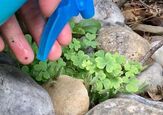

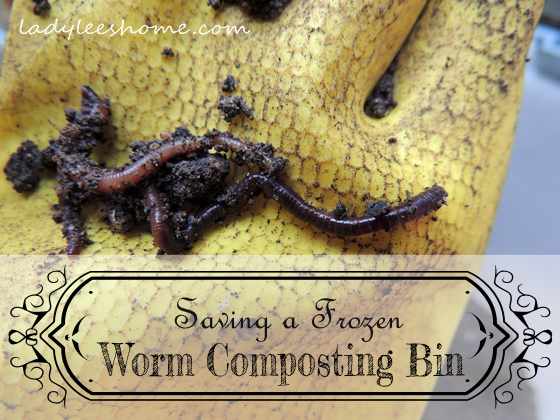



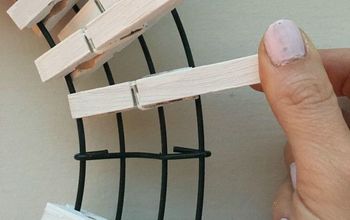
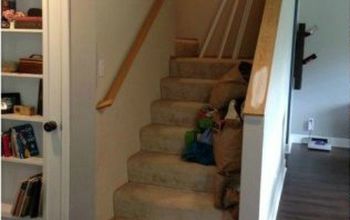



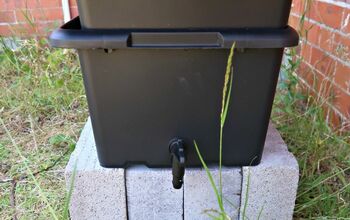

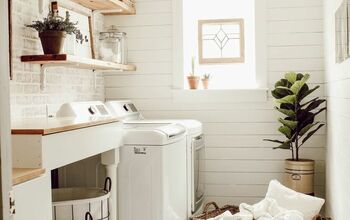
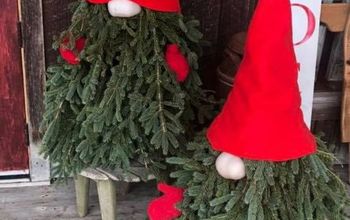
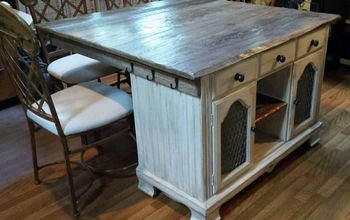
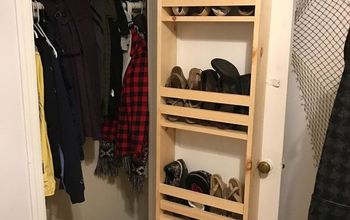

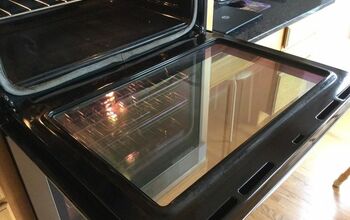
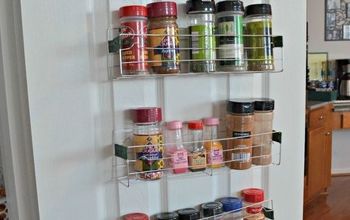

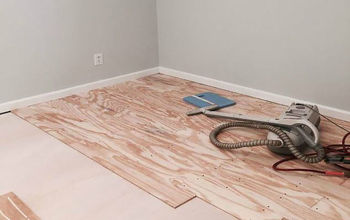
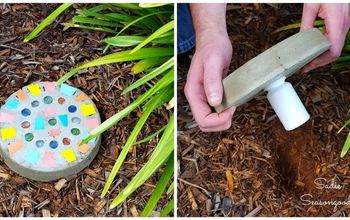
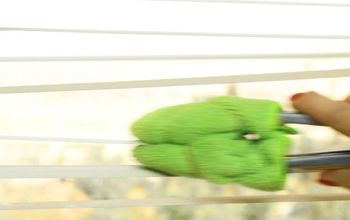
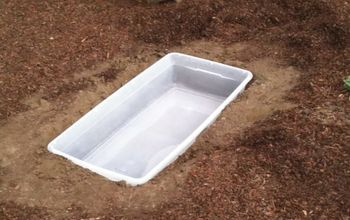
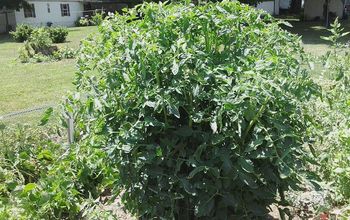
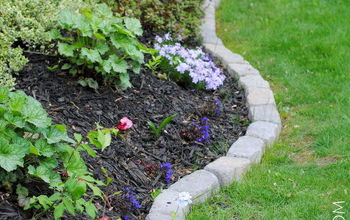
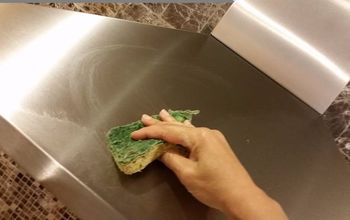
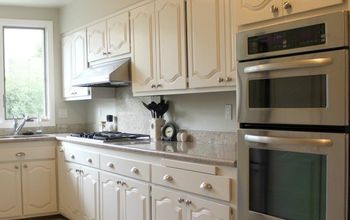
Frequently asked questions
Have a question about this project?
Lee you have to check out this gardener's worm bins, a second bin to collect liquid is great!
https://www.hometalk.com/diy/grow/diy-wormery-how-to-make-a-worm-compost-bin-43642276
DIY Wormery: How To Make A Worm Compost Bin